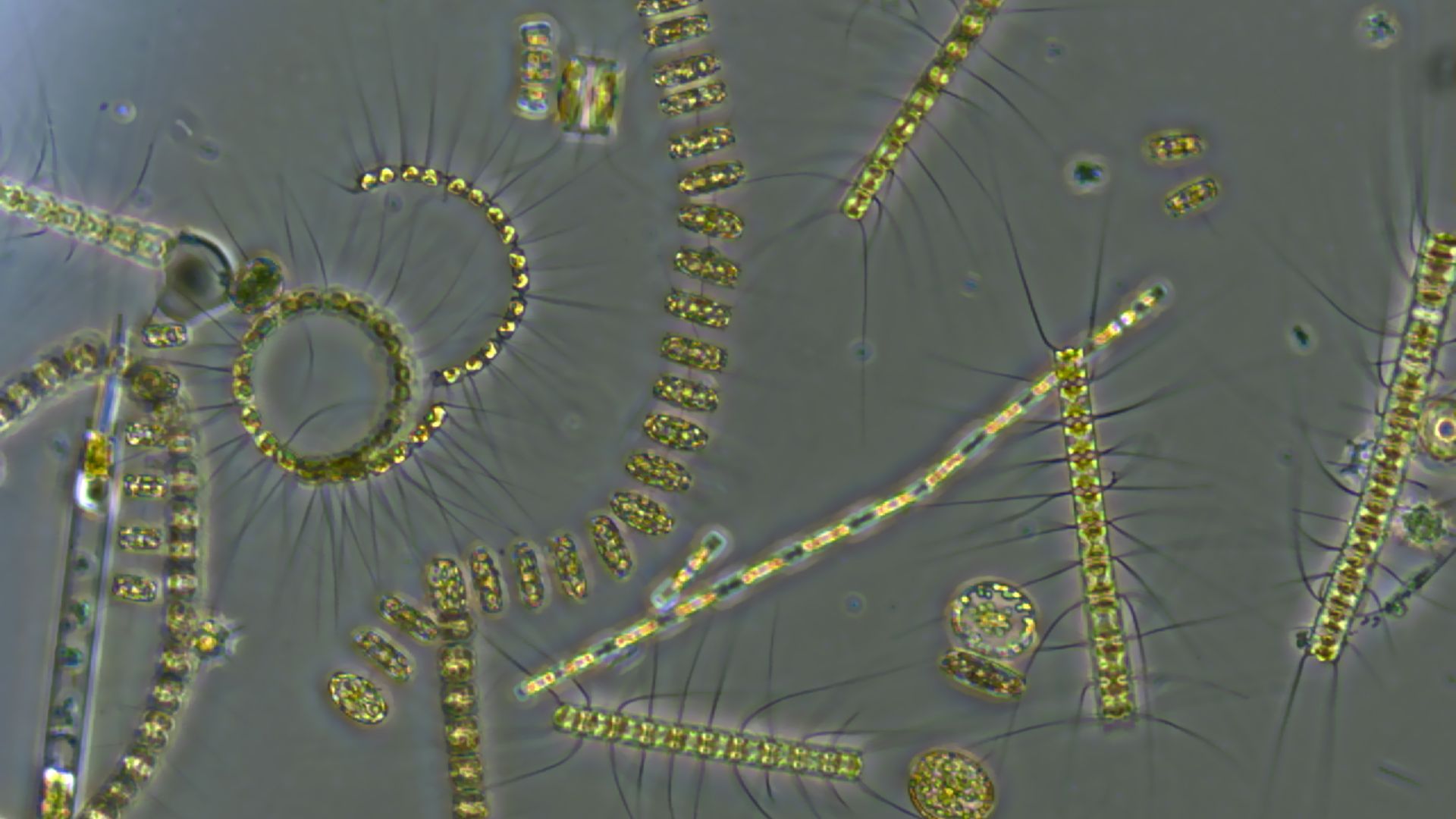Recent studies have shown that as climate change progresses, the ocean’s overturning circulation is expected to weaken significantly.
This slowing circulation is predicted to reduce the ocean’s ability to absorb carbon dioxide from the atmosphere, which could exacerbate global warming.
Balancing Carbon: The Ocean’s Role

Although the ocean’s circulation is slowing, this should also mean less carbon is brought up from the deep ocean, which could have been released back into the atmosphere.
Jonathan Lauderdale, a research scientist at MIT, explains, “The ocean should maintain its role in reducing carbon emissions from the atmosphere, if at a slower pace.”
MIT Study Challenges Previous Beliefs

A recent study published in Nature Communications by an MIT researcher suggests that scientists may need to rethink the relationship between ocean circulation and its ability to store carbon long-term.
As the circulation weakens, it could release more carbon from the deep ocean into the atmosphere.
Intricate Ocean Feedback Loops Revealed

The study highlights a complex feedback loop involving the ocean’s iron, upwelling carbon, nutrients, surface microorganisms, and a class of molecules known as “ligands.”
These interactions could increase the amount of carbon that the ocean releases back into the atmosphere when the circulation slows.
Fundamental Shift in Understanding

“By isolating the impact of this feedback, we see a fundamentally different relationship between ocean circulation and atmospheric carbon levels, with implications for the climate,” Lauderdale states.
This indicates a significant shift in how we understand the ocean’s role in climate dynamics.
Rethinking Ocean Carbon Storage

Lauderdale further notes, “What we thought is going on in the ocean is completely overturned.”
The findings suggest that we cannot rely on the ocean to indefinitely store carbon in the deep ocean in response to changes in circulation.
The Role of Iron in Ocean Chemistry

Iron is crucial for phytoplankton growth, which in turn influences how much carbon dioxide they can sequester through photosynthesis.
However, iron’s effectiveness depends on its interaction with ligands, which help keep it in a soluble form accessible to phytoplankton.
Complex Dynamics of Ocean Nutrients

The 2020 study led by Lauderdale developed a simple “box” model to represent the ocean’s complex nutrient dynamics.
This model demonstrated that even increasing iron in certain regions doesn’t significantly boost global phytoplankton growth due to ligand limitations.
A Surprising Discovery in Ocean Modeling

While modifying his box model, Lauderdale discovered that decreasing ocean circulation strength was unexpectedly linked to higher atmospheric CO2 levels.
This is a direct contradiction to previous assumptions held since the 1980s.
Revising Oceanic Models

When Lauderdale adjusted the model to fix ligand concentrations, the results aligned with traditional expectations: weaker circulation resulted in lower atmospheric CO2.
This finding challenges the variability of ligand concentrations in different ocean regions.
Validating Findings with Real-World Data

Lauderdale’s results were later supported by data from the GEOTRACES study, which measures trace elements and isotopes across oceans and confirmed that ligand concentrations vary regionally.
This makes the surprising new model outcomes more credible.
Implications for Climate Action

The research demonstrates the complexity of ocean processes and their impact on climate. Lauderdale emphasizes, “We must be proactive in cutting emissions now, rather than relying on these natural processes to buy us time to mitigate climate change.”
This statement reflects the urgent need to address emissions directly.
